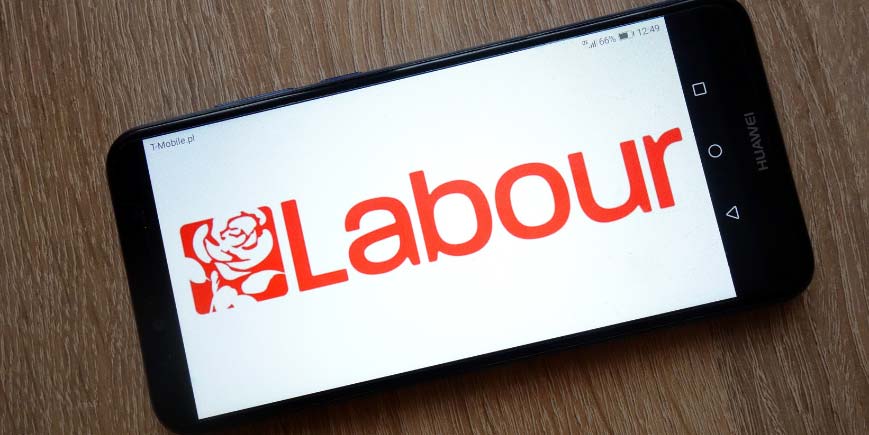
Categories: government and politics | government and politics prs
government and politicsHousing minister Matthew Pennycook has confirmed that Labour do not intend to introduce rent controls in the Private Rented Sector (PRS).
Pennycook reiterated the party’s previously stated position on the matter, during a questioning session in the House of Commons involving one of his Conservative counterparts, Kemi Badenoch.
Answering the Shadow Secretary of State for Housing’s questions about Labour’s planned rental reforms, Pennycook stated:
The Government does not support the introduction of rent controls. We have made clear that we intend to use the Renters’ Rights Bill to provide tenants with greater protections against unreasonable within-tenancy rent increases.
Although Pennycook states plainly that Labour do not support rent control policies, he still emphasises the role of the Renters’ Rights Bill. The criteria for what constitutes an “unreasonable” rent increase is not entirely clear, nor is the conclusion of how the bill may be used to prevent these from being implemented.
Nonetheless, the stance on rent controls is a good sign for landlords, who are concerned about government interference in the PRS. It remains to be seen how Labour may address the issue of interest rates causing rents to rise, which concerns many voters across political lines.
Previous Labour leader Jeremy Corbyn had explicitly stated his intentions to introduce rent controls among other radical PRS reforms, if he became Prime Minister. Since that never came to pass and Labour’s leadership was totally overhauled, Corbyn’s promises have no bearing on the policies of the current Labour government led by Sir Keir Starmer, which is a very different entity with a more cautious outlook.
Do Labour intend to bring in ‘hardship tests’?
Amid coverage of Labour’s pledge to not introduce rent controls, some news outlets have said that Labour intend to take inspiration from the French government by bringing in so-called ‘hardship tests’ that would significantly impede landlords’ abilities to evict lower-income tenants.
Supposedly, this policy would allow tenants to appeal a landlord’s decision to evict them on the basis of their financial inability to pay rent.
Naturally, these reports have deeply concerned landlords. Such a policy would influence decisions to rent properties out, especially to lower income tenants. In turn, there may be no pressure on tenants to pay rent if, at any moment’s notice, they can launch an appeal pleading that they can’t afford it.
However, investigation into the topic reveals that there is a lack of credible sources verifying these claims of Labour hardship tests. In reality, the French housing system prioritises moving tenants into cheaper social housing if they cannot afford rent, which does not resemble what some stories in the media are describing.
It’s not impossible to imagine that Labour could introduce new policies that would allow tenants to resist attempts at eviction. Tenant rights were emphasised heavily in the party’s pre-election campaign.
However, Pennycook’s above statement about remaining hands-off with rent controls could indicate that the government may not go overboard with similar intervention measures.
Moreover, as we have covered previously, Labour have had to significantly rethink some of their plans, as the reality of being in office made them unrealistic.
So, reports about hardship tests seem to be little more than rumour at this point – albeit one we will keep an eye on.
